Sustainable Manufacturing: Innovations for a Greener Industry
In today’s rapidly evolving world, the call for sustainable manufacturing practices echoes louder than ever. Companies across the globe are pivoting towards green solutions that ensure their processes are not only efficient but also environmentally responsible. As we stand on the brink of a new era in sustainability, the manufacturing industry is witnessing a paradigm shift fueled by innovation and an unwavering commitment to preserving our planet. Manufacturers are now more attuned to the need for renewable energy sources, eco-friendly materials, and waste-reducing technologies. Let’s delve into the transformative world of sustainable manufacturing and explore how businesses can lead the charge in creating a cleaner, greener future.
The Evolution of Green Practices in Manufacturing
The journey towards sustainable manufacturing began long before it became a global trend. Initially driven by regulatory pressures, the shift towards sustainability has evolved into a mission that many companies wholeheartedly embrace. Today, green practices form the backbone of modern production strategies, with an aim to reduce carbon footprints and conserve natural resources.
Materials and Processes
In the realm of eco-friendly manufacturing, the choice of materials plays a pivotal role. By opting for sustainable materials, such as recycled plastics, biodegradable composites, and organic fibers, manufacturers significantly reduce environmental impact. These materials not only lower dependency on finite resources but also align with the growing consumer demand for eco-conscious products.
Furthermore, sustainable manufacturing processes prioritize efficiency and waste reduction. Lean production techniques, such as the Just-In-Time (JIT) system, minimize excess inventory and optimize resource utilization. By meticulously planning every step of the production process, companies can ensure that waste is kept to an absolute minimum, thus lightening the load on our planet’s finite resources.
Innovative Technologies
The integration of renewable energy sources, such as solar, wind, and geothermal, into manufacturing plants showcases the industry’s commitment to a sustainable future. These technologies not only cut down on fossil fuel usage but also foster a culture of innovation within the industry. Furthermore, advancements in energy storage and smart grid systems offer manufacturers greater control over their energy consumption, making every watt count.
Ultimately, the evolution of green practices in manufacturing signifies a monumental leap towards a more environmentally friendly industry. As we embrace this transformation, we pave the way for a future where sustainability is not just a trend but a way of life.
Harnessing Renewable Energy for Sustainable Manufacturing
Renewable energy has emerged as a game-changer in the quest for sustainable manufacturing. As traditional energy sources grow scarcer and environmental concerns mount, companies are increasingly turning to renewable technologies to power their operations. These technologies not only promise a cleaner energy supply but also offer manufacturers the opportunity to showcase their commitment to a sustainable future.
Solar and Wind Power
Solar and wind power have become synonymous with green energy. Manufacturers harness these technologies to reduce dependency on fossil fuels and achieve significant cost savings over time. Installing solar panels on plant roofs or integrating wind turbines into facility designs are just some of the ways companies leverage these natural resources. By doing so, they not only contribute to cleaner air and reduced emissions but also make a bold statement about their environmental commitment.
Energy Efficiency and Smart Grids
Beyond the adoption of renewable energy sources, enhancing energy efficiency within manufacturing plants is paramount. Smart grid technologies offer unmatched precision in managing energy consumption, allowing companies to optimize their energy output and reduce waste. By monitoring and adjusting energy usage in real-time, manufacturers can achieve higher operational efficiency and significantly lower their carbon footprint.
Global Impact and Local Benefits
The ripple effect of renewable energy in manufacturing extends beyond the factory floor. As manufacturers adopt cleaner energy sources, they set a standard for industry peers and foster innovation across the board. Locally, these efforts create jobs, improve community health, and bolster regional economies.
Thus, the shift towards renewable energy is more than a business strategy; it’s a commitment to building a sustainable future for generations to come. By investing in these technologies, the manufacturing industry takes a crucial step in aligning growth with environmental responsibility.
Reducing Waste: A New Paradigm in Manufacturing
Waste reduction has become a defining objective for modern manufacturers, as they strive to create products with minimal environmental impact. By implementing waste-reducing processes, companies can not only enhance efficiency but also contribute to a cleaner, more sustainable industry.
Circular Economy and Its Impact
The concept of the circular economy has revolutionized how manufacturers approach waste management. By designing products for recyclability and reusability, companies can significantly reduce the volume of waste they generate. This model challenges traditional linear production methods, encouraging manufacturers to think beyond mere disposal and embrace a cyclical approach to materials usage.
Zero Waste Initiatives
Many manufacturers have adopted zero waste initiatives to drive their sustainability goals. These initiatives are centered on the premise of eliminating waste by repurposing by-products and converting waste into valuable resources. Through innovative processes such as upcycling and material recovery, companies can transform what was once deemed waste into useful products, thereby closing the loop in production.
Technological Advancements in Waste Reduction
The advent of innovation in technology has provided manufacturers with powerful tools to tackle waste issues. Advanced sorting and recycling technologies enable precise separation of materials, ensuring maximum recovery rates. Digital tracking systems also aid in monitoring waste streams, allowing companies to identify inefficiencies and implement corrective measures swiftly.
By embracing these waste-reducing strategies, the manufacturing industry not only fulfills its ecological responsibilities but also embarks on a journey towards a more sustainable future. This paradigm shift underscores the industry’s dedication to protecting our planet while fostering a culture of innovation and efficiency.
Innovative Materials: Paving the Path to Sustainability
As the call for a greener industry grows stronger, manufacturers are exploring innovative materials that promise to revolutionize production. From biodegradable composites to recycled metals, the shift towards sustainable materials marks a crucial step in aligning manufacturing practices with environmental stewardship.
Biodegradable and Recycled Materials
Biodegradable materials are spearheading the movement towards sustainable manufacturing. Derived from natural sources, these materials decompose efficiently without leaving harmful residues, making them an ideal choice for environmentally conscious companies. Meanwhile, recycled materials offer a dual benefit: they reduce the demand for virgin resources and minimize landfill waste.
Innovation in Material Science
The rise of sustainable materials is driven by breakthroughs in material science. Researchers and manufacturers alike are exploring innovative compounds that provide the performance needed for modern production while adhering to environmental guidelines. From algae-based polymers to plant-derived resins, these new materials open the door to unparalleled innovation and sustainability in manufacturing.
Strategic Partnerships for Material Sourcing
Collaboration between companies, researchers, and suppliers forms the backbone of a successful sustainable materials strategy. By forging partnerships with suppliers who prioritize eco-friendly sourcing, manufacturers can ensure that their supply chains support their sustainability goals. Additionally, engaging in cross-industry collaborations can spur the development of new materials that meet the diverse needs of manufacturers worldwide.
Ultimately, the pursuit of innovative materials reflects the manufacturing industry’s commitment to a sustainable future. By pushing the boundaries of material science, manufacturers are setting a new standard for environmental responsibility, ensuring that the products we create today contribute to a healthier planet tomorrow.
As we chart the course towards a sustainable future, the manufacturing industry stands at the forefront of this environmental revolution. By embracing renewable energy, pioneering waste-reducing practices, and exploring innovative materials, companies are not just adapting to the demands of modern consumers; they are leading the charge in creating a greener, more sustainable world.
The path to sustainability requires a joint effort from manufacturers, policymakers, and consumers alike. Together, we can foster a culture of innovation and efficiency that transcends perceived limitations and redefines the possibilities of manufacturing.
This commitment to sustainability reflects a broader understanding that the health of our planet is intrinsically linked to the health of our industries. As we continue to champion green practices, let’s strive to build a future where sustainability is not just an ideal—it’s a reality we proudly create, one innovative step at a time.
FAQ
What is sustainable manufacturing and why is it important?
Sustainable manufacturing involves creating products in ways that minimize negative environmental impacts, conserve energy and natural resources, and are safe for employees, communities, and consumers. It’s important because it helps protect ecosystems, reduces waste, and supports long-term economic growth.
How do renewable energy sources contribute to sustainable manufacturing?
Renewable energy sources such as solar, wind, and hydroelectric power significantly reduce carbon emissions and reliance on fossil fuels. By integrating these clean energy options, manufacturers can lower their environmental footprint and promote a greener industry.
What role does recycling play in sustainable manufacturing?
Recycling in sustainable manufacturing involves the repurposing of materials to reduce waste and minimize the need for new resources. This practice not only conserves raw materials but also leads to energy savings and reduced pollution.
How can manufacturers ensure sustainable practices in their supply chains?
Manufacturers can ensure sustainability in their supply chains by sourcing materials responsibly, collaborating with eco-friendly suppliers, implementing waste reduction strategies, and tracking their environmental impact throughout the production process.
What innovations are driving sustainable manufacturing forward?
Innovations such as advanced automation, 3D printing, and biodegradable materials are revolutionizing sustainable manufacturing. These technologies enhance efficiency, reduce waste, and create products that are more environmentally friendly.
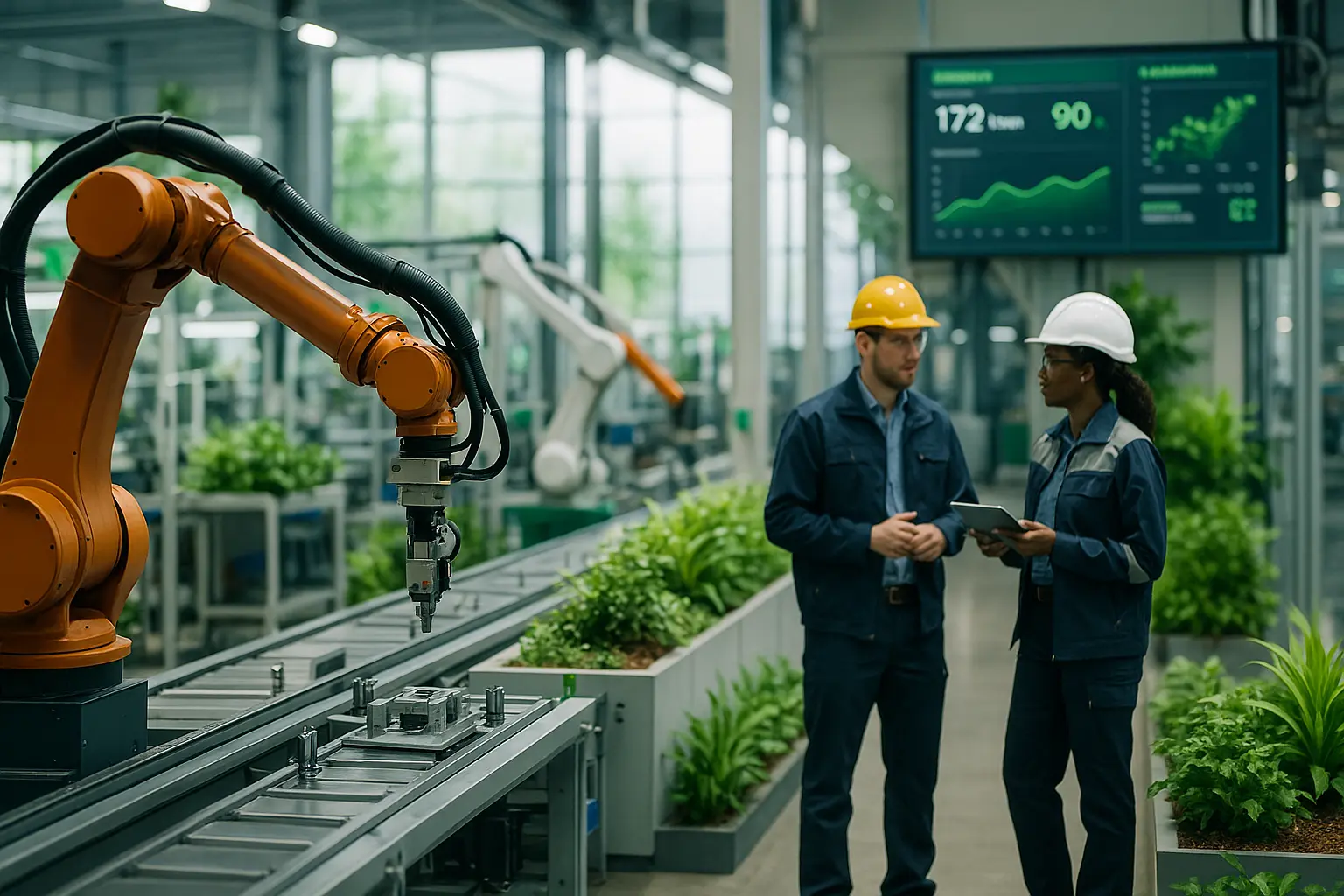
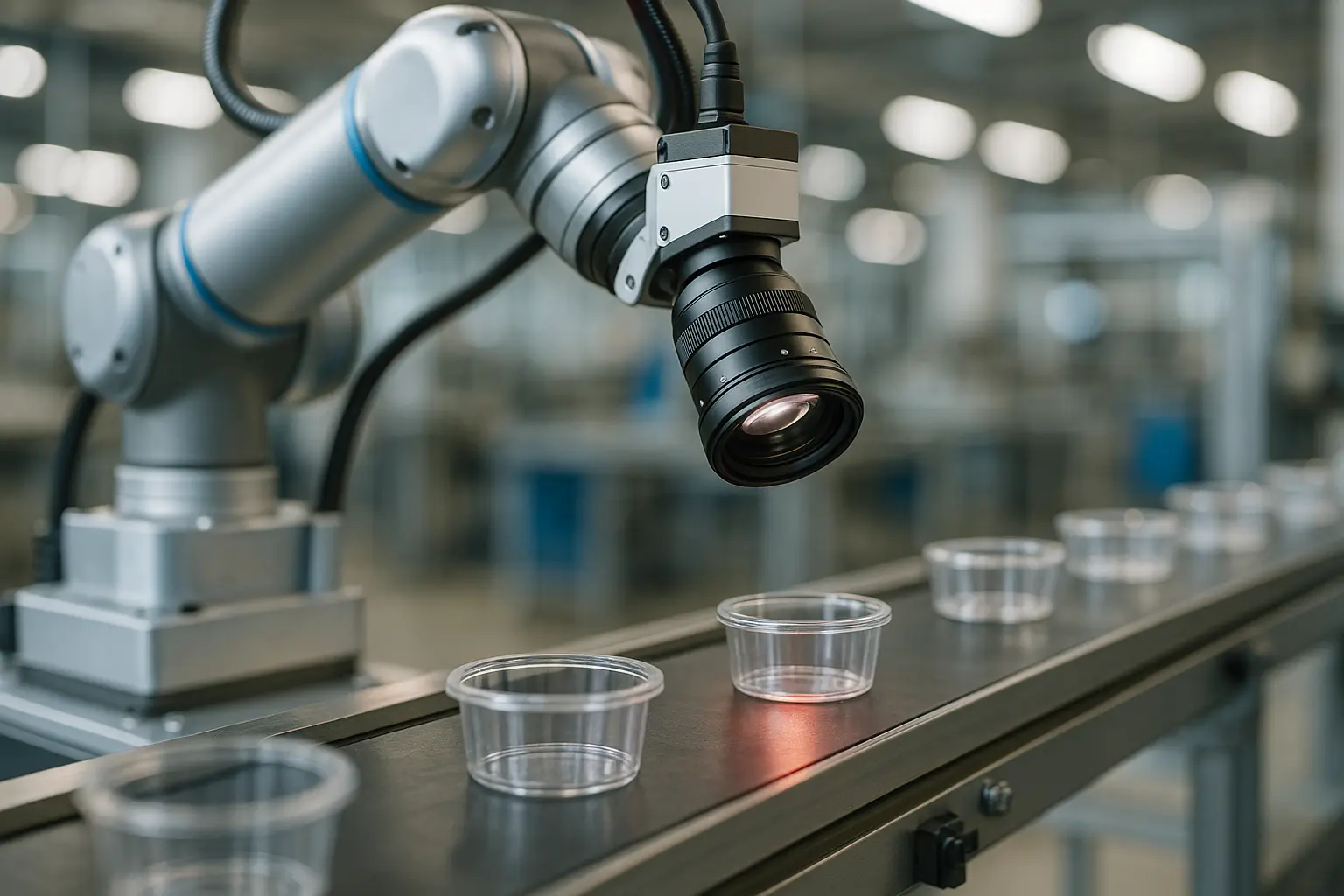

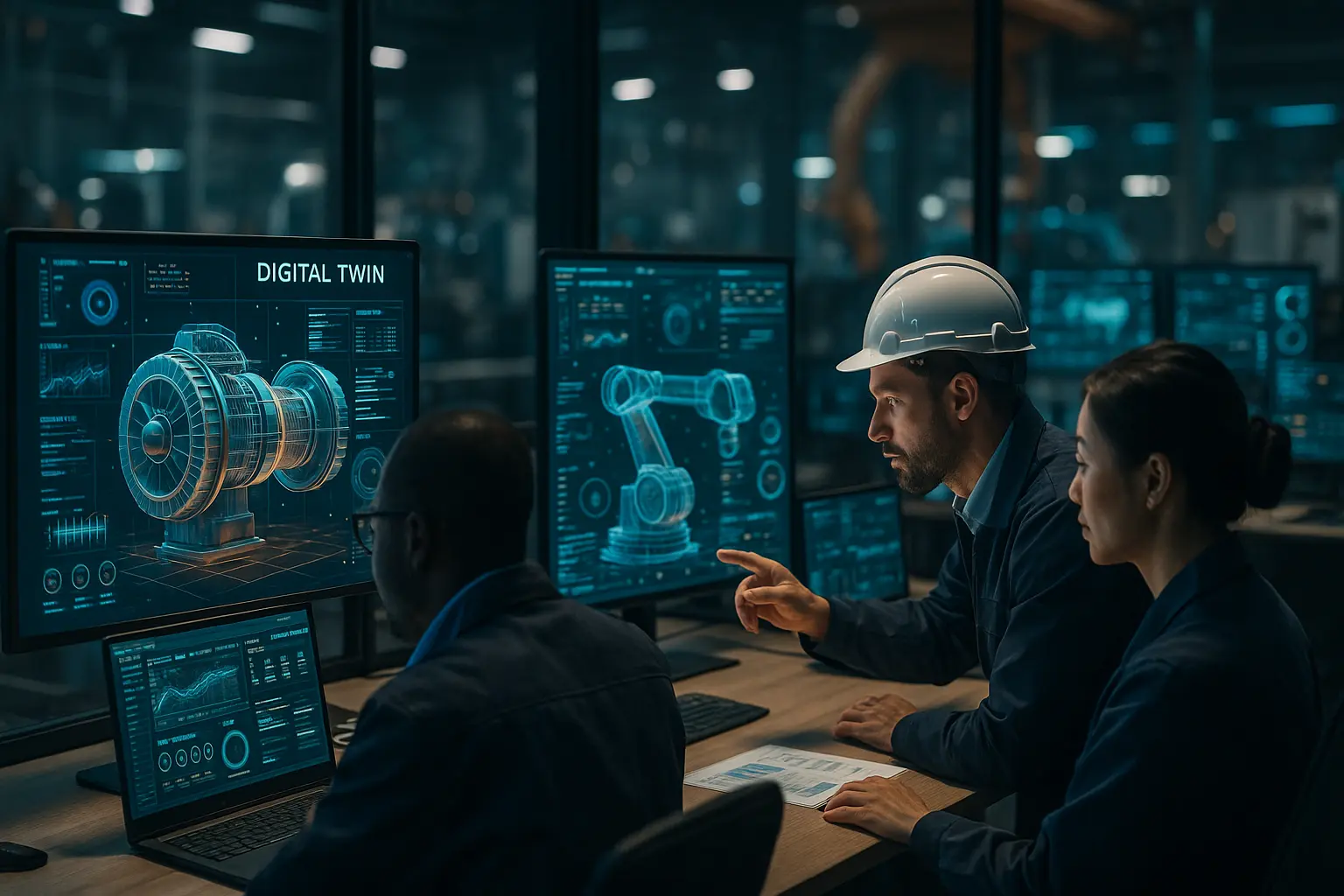

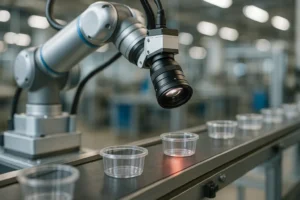


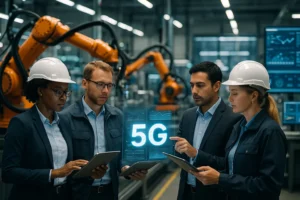



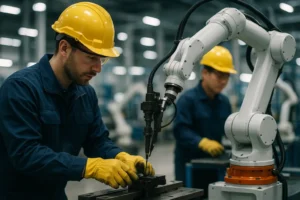

Post Comment